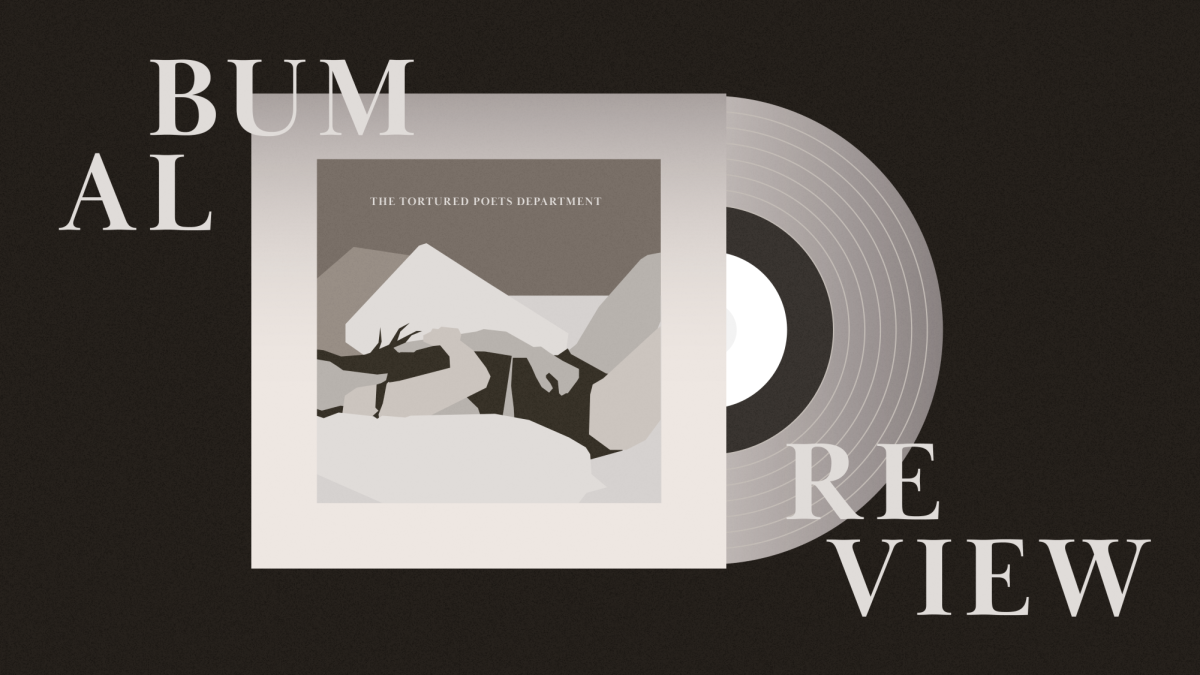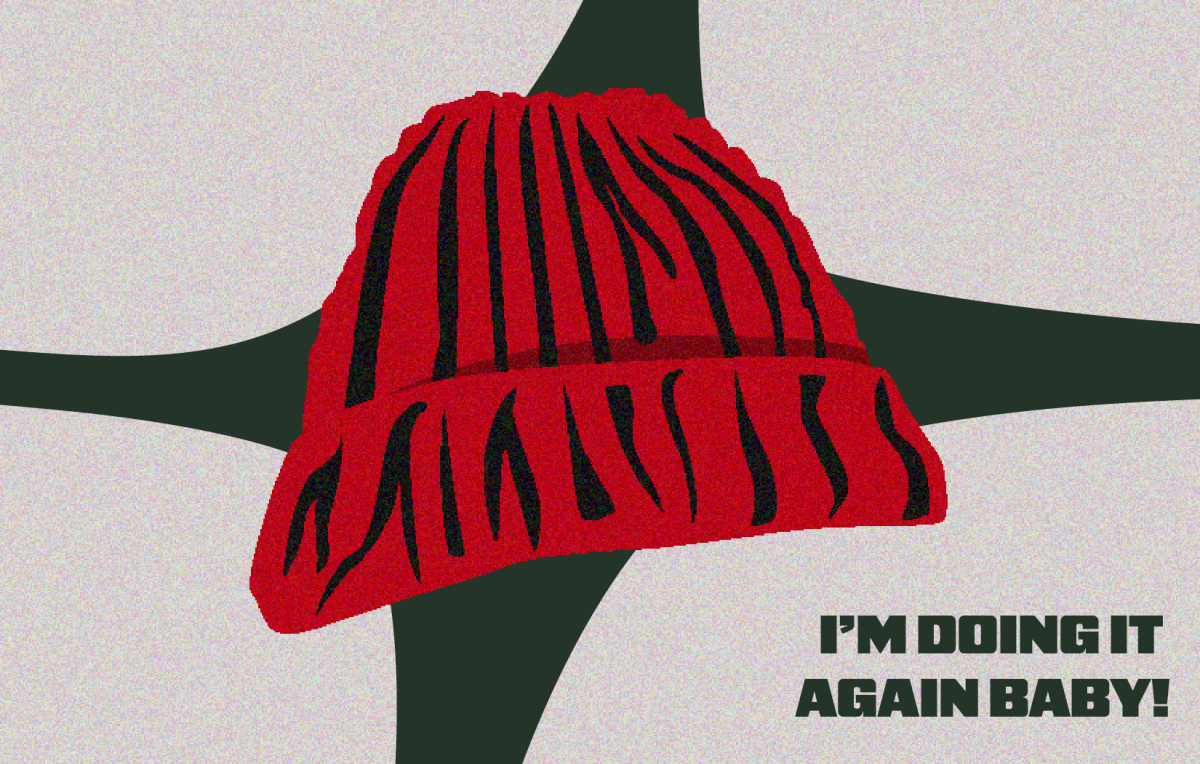
Sports Illustrated recently broke a story called “The Dirty Game” on the Oklahoma State football program. The story raises several major questions about college football and whether or not the current system encourages corruption within college athletic programs. The long and short of it is that college football programs are cheating, and many of them are doing so by paying their players.
The notion of paying college football players has been floating around for a while now. The players bring more money into the university than the average student and there is significant time commitment attached to being a part of a football program. Despite this, college football players should not receive monetary compensation for their participation.
The value of education is waning in this country if full-ride scholarships to the nation’s top universities are considered to be insufficient compensation. While some players may not care about the degrees they receive, this does not change the numbers. $40,000 dollars of free education may not get anyone into the NFL, but it is definitely not nothing.
Universities should not be acting like corporations. Many are state-run institutions, which ideally should be looking out for the interests of the state and more importantly, the students. It is tempting to look at college football as an industry where players put in their time in order to profit their administration. Compensating college athletes disjoins the athletic program from the school and essentially creates another professional football league.
Even if paying players were the right thing to do, an educational amendment known as Title IX shuts down the most simple means of providing compensation. Title IX prevents female students from being excluded from educational/financial benefit.
If the school starts paying the football players, they’re going to have to start paying the gymnasts and the volleyball team and the soccer team. While college athletes should be kept on an equal ground across sports, universities overvalue the profitable ones — football and basketball.
Paying college football players will not stop college football programs from cheating. Giving players a base salary will only cause escalation that results in bidding wars between schools. The path to ending corruption in college athletics is through the NCAA, whose attempts at policing the college football landscape have been substandard.
Corruption cannot be battled with money. The NCAA has to take action against programs attempting to take advantage of the system or it will risk becoming truly irrelevant. When it comes down to it, college athletes are students and academics should come first.
Compensating players elevates them above average students and creates a gap between the athletic department and the rest of the school.
There are major issues in the college football landscape and they must be addressed. At some point the NCAA is going to have to look at its relationship with the schools and make a major reform, but paying players should not be a part of that.











